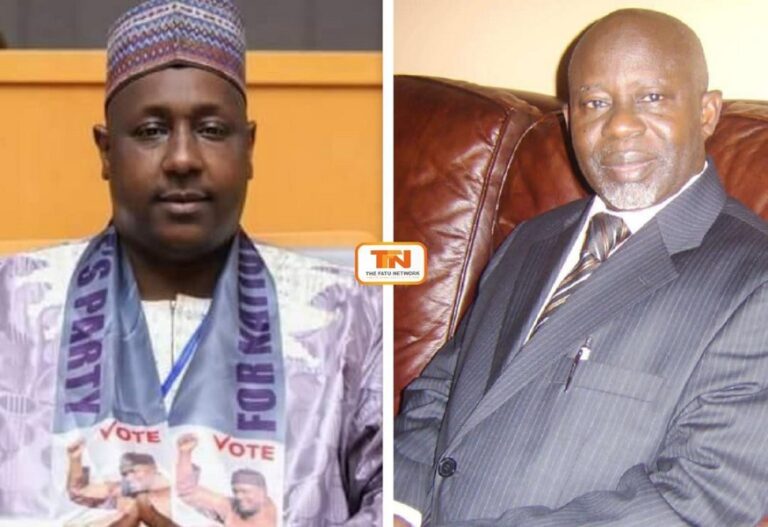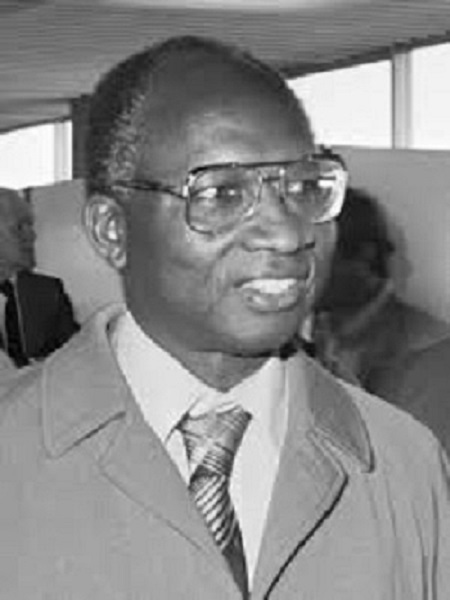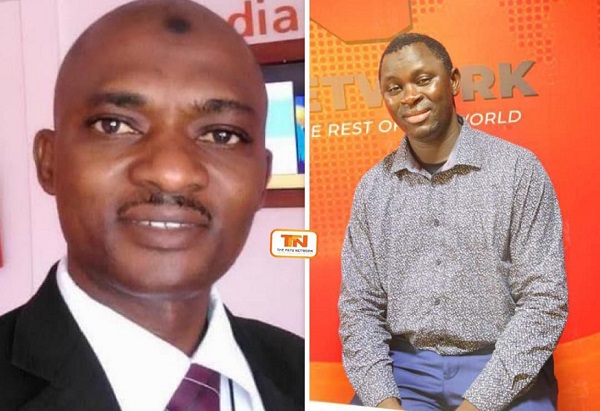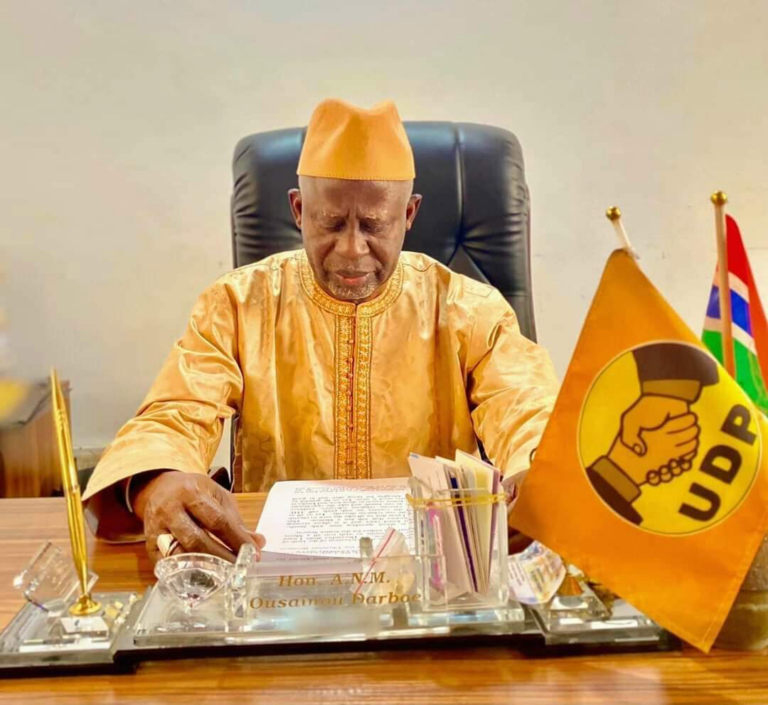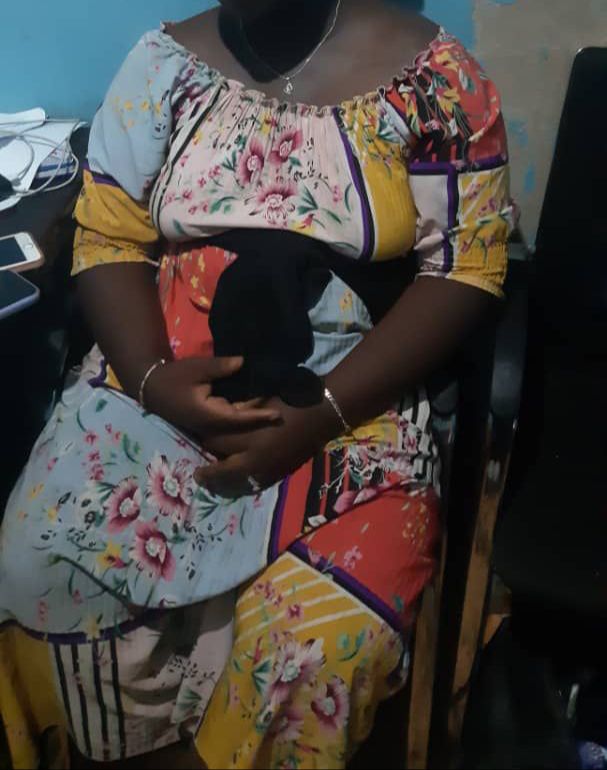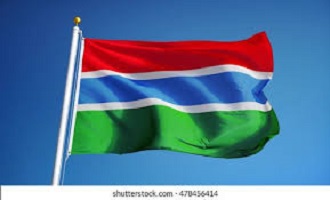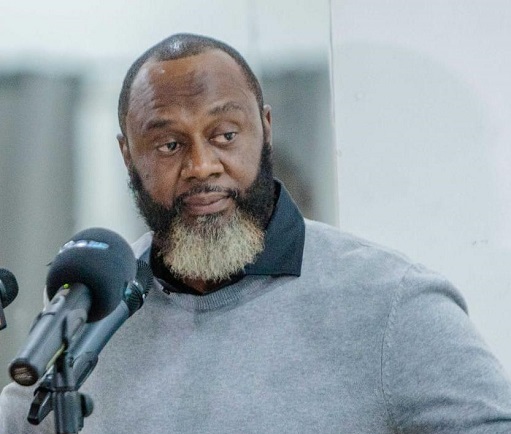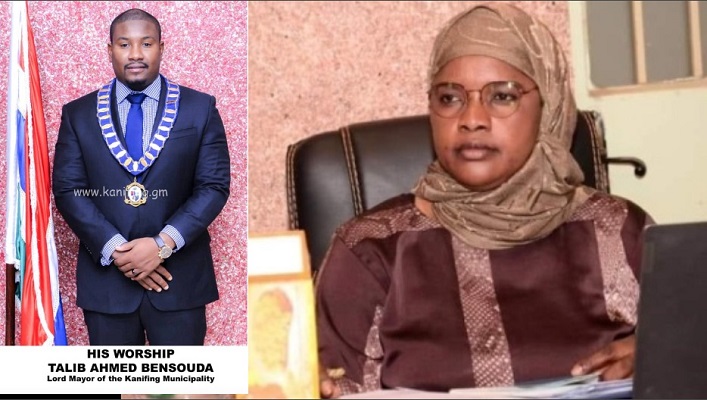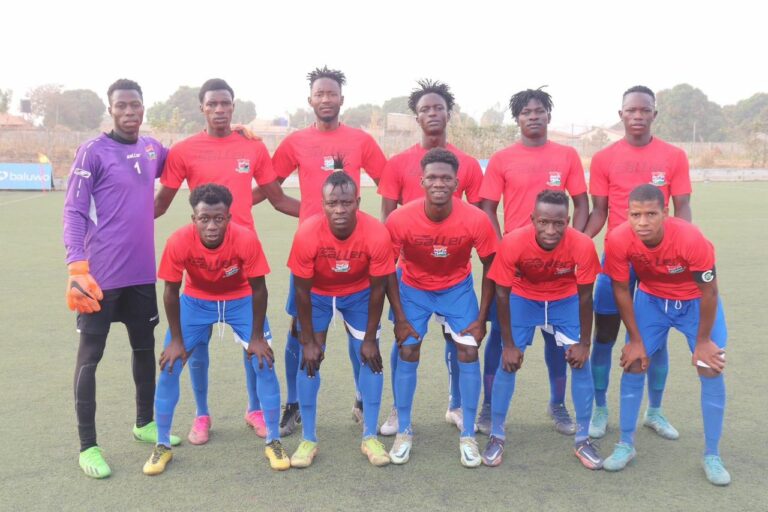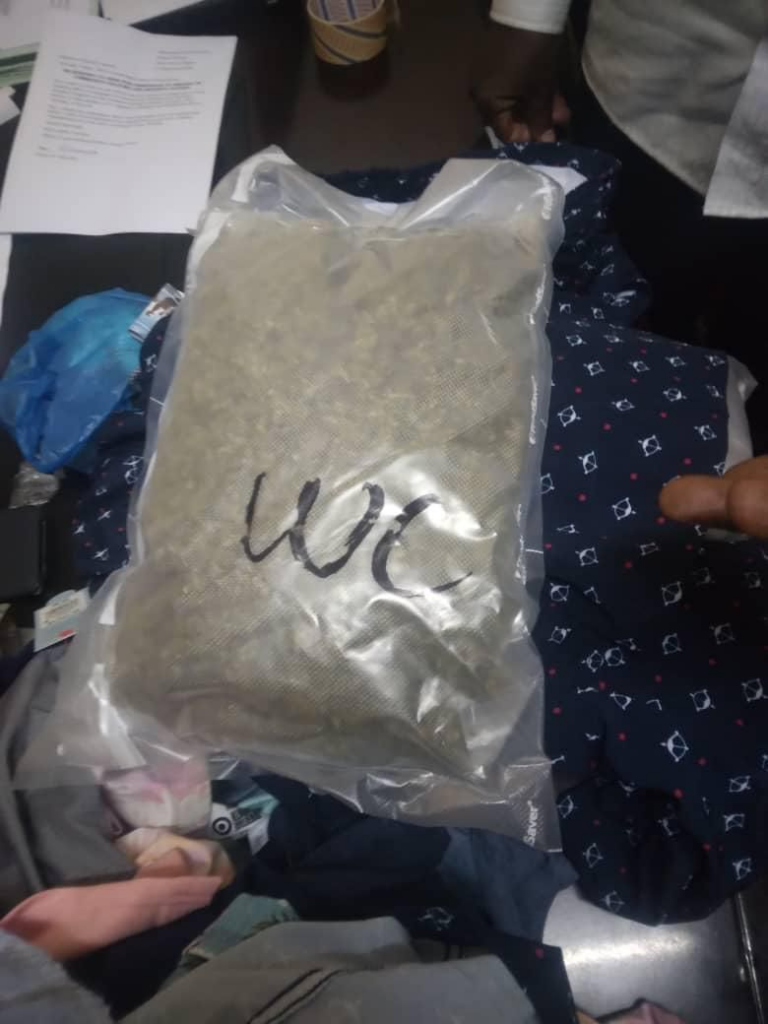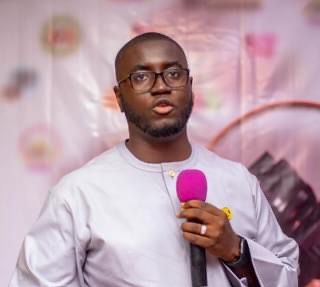By Prof. Raphael Nyarkotey Obu
The writer
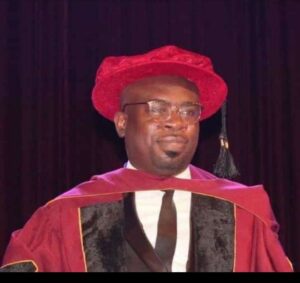
Tapalapa- The Gambian Bread
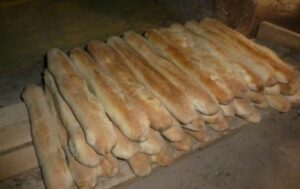 When I arrived in the Gambia, Tapalapa was one bread that I found is highly consumed. I always wonder why it is most preferred in the Gambia. This ignorance is expected due to my perception concerning some white bread in my home country which lacks fibre. I often assumed the Gambian bread is akin to this plain white bread I know. But I found that this Gambian bread has a different nutritional outlook.
When I arrived in the Gambia, Tapalapa was one bread that I found is highly consumed. I always wonder why it is most preferred in the Gambia. This ignorance is expected due to my perception concerning some white bread in my home country which lacks fibre. I often assumed the Gambian bread is akin to this plain white bread I know. But I found that this Gambian bread has a different nutritional outlook.
Tapalapa is a traditional Gambian bread that is also very popular in Guinea and Senegal. What struck me to write this article is that I found that it is made with a mixture of millet and wheat flour with the addition of maize flour, cowpea flour, yeast, salt, and water. Visually, it looks somewhat similar to the French baguette on the exterior, but on the inside, it is much dense and heavy, and its flavour is reminiscent of pretzels. It can be eaten with beans, acara, etc. The bread is typically bought for breakfast, and people like to pair it with jam, butter, or eggs. I found that Gambians eat rich. I believe that Gambia is so blessed with rich local foods that could be promoted on the international front to generate income to boast their economy.
Tapalapa infused with beans
 In this article, I examine the science behind the ingredients of Tapalapa: a mixture of wheat and millet flour, to which is added maize flour, as well as cowpea (niébé) flour. Cowpea flour is really what gives this bread the very unique taste and texture. Besides, millet and maize have been proven in scientific research to support our health. Just imagine eating all these combinations in one meal.
In this article, I examine the science behind the ingredients of Tapalapa: a mixture of wheat and millet flour, to which is added maize flour, as well as cowpea (niébé) flour. Cowpea flour is really what gives this bread the very unique taste and texture. Besides, millet and maize have been proven in scientific research to support our health. Just imagine eating all these combinations in one meal.
Cowpea (Black-eyed Pea)
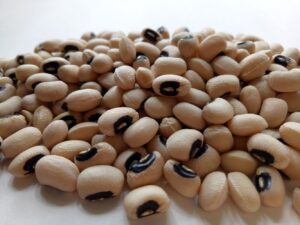
Black-eyed Pea: Nutritional Facts
Two studies (Deusdélia et al. 2008; Urano et al. 2012) found that black-eyed peas contain proteins, vitamins and minerals such as calcium, iron and zinc, although their nutritional value is usually reduced by the presence of antinutritional factors such as phytates, fibres, lectins, polyphenols and tannins that affect minerals’ bioavailability.
Black Eyed Peas, Science
Weight loss
Black-eyed peas are loaded with protein and soluble fibre, which means eating tapalapa supports weight loss. Two studies (Bloom et al.2006; Lomenick et al.2009) found that the Protein in black-eyed peas reduces levels of ghrelin, a hormone that’s responsible for stimulating feelings of hunger.
On the other hand, as a soluble fibre, Lattimer and Haub’s (2010) study found that this fibre is a type of fibre that forms a gel-like consistency and goes into your digestive tract slowly to make you full. This account for why most people like eating tapalapa to keep them for the day. Eating beans, therefore, helps to manage your weight.
For instance, one large study in 1,475 people, by Papanikolaou and Fulgoni (2008) found that people who ate beans frequently had a 23% lower risk of increased belly fat and a 22% lower risk of obesity, compared with non-consumers.
Another, Kim et al. (2016) review of 21 studies found that consuming black-eyed peas, in your diet could be an effective weight loss strategy and may help reduce body fat percentage.
Digestive Health
As a soluble fibre food, black-eyed peas support digestive health. Interestingly, one meta-analysis by Yang et al. (2012) demonstrates that when we eat more black-eyed peas, the soluble fibre can help promote regularity and increase stool frequency in those with constipation.
Anderson et al. (2009) also found that the fibre in black-eyed peas may avert digestive disorders, such as acid reflux, haemorrhoids, and stomach ulcers. Another good news is that one study by Carlson et al. (2019) found that the soluble fibre found in black-eyed peas and other plants can also act as a prebiotic, which helps the growth of the beneficial bacteria in our gut to help foster a healthy microbiome.
Heart Health
Eating black-eyed peas also reduces your risk of heart disease. Bazzano et al. (2009) review of 10 studies, found that frequent eating of legumes was linked to lower levels of total and LDL (bad) cholesterol, these two could add to heart disease.
Alizadeh et al. (2014) study on 42 women found that when we eat a low-calorie diet enriched with 1 cup of legumes per day for 6 weeks drastically decreased waist circumference and triglyceride and blood pressure levels, juxtaposed with a control group. Three studies (Esmaillzadeh and Azadbakht, 2012; Hosseinpour-Niazi et al. 2015; Golia et al. 2014) found that frequent consumption of legumes is linked to lower markers of inflammation, and therefore reduces your risk of heart disease.
Millet in Tapalapa

Nutritional Composition
Sarita, E (2016) study found that as pertains to most cereals, millet is a starchy grain — meaning that it’s rich in carbs. Additionally, millet is loaded with several vitamins and minerals.
According to the US Department of Agriculture, one cup (174 grams) of cooked millet packs has the following:
- Calories: 207
- Carbs: 41 grams
- Fiber: 2.2 grams
- Protein: 6 grams
- Fat: 1.7 grams
- Phosphorus: 25% of the Daily Value (DV)
- Magnesium: 19% of the DV
- Folate: 8% of the DV
- Iron: 6% of the DV
Also, three studies (Singh, 2,016; Dias-Martins et al.2018; Wu, 2009) found that millet gives more essential amino acids as compared to other cereals and they are the building blocks of protein.
Millet, Science
Antioxidants Loaded
Six studies (Devi et al. 2016; Kumari et al. 2017; Pizino et al. 2017; Xiang et al. 2019; Chandrasekara and Shahidi, 2010) confirmed that millet is loaded with phenolic compounds, specifically ferulic acid and catechins. They work as antioxidants to guard the body against harmful oxidative stress.
Other studies in mice (Zduńska et al. 2017 Liu et al. 2017) correlate ferulic acid to fast wound healing, skin protection, and anti-inflammatory properties. It has been established that these catechins bind to heavy metals, and avert poisoning our bloodstream (Chandrasekara and Shahidi, 2010; Bernatoniene and Kopustinskiene, 2018).
Control blood sugar levels
Two studies (Devi et al. 2016; Kam et al.2016) found that millet is loaded with fibre and non-starchy polysaccharides, two types of undigestible carbs that are likely to control blood sugar levels.
Another newsworthy is that two studies for instance (Dias-Martins et al. 2018; Narayanan et al. 2016) found that millet is capable of controlling blood sugar due to its low glycemic index (GI), which means that when you eat a millet diet, there is no worry of blood sugar rising. Hence, diabetics can eat a millet- diet once the other combined ingredients are diabetes-friendly.
Lower cholesterol
Devi et al. (2016) study found that millet is loaded with soluble fibre, and this in turn produces a sticky material in the gut. This helps bind fats and lowered cholesterol levels. This was confirmed in one rat study by Lee et al. (2010) which states that rats fed foxtail and proso millet triglyceride levels decreased drastically juxtaposed with the control group.
Also, millet protein could lower cholesterol. This was also demonstrated in one mice study by Nishizawa et al. (2009) with type 2 diabetes. The mice were fed a high-fat diet with millet protein concentrate. Their result found a decrease in triglyceride levels and a drastic improvement in adiponectin and HDL (good) cholesterol levels, juxtaposed with the control group.
Millet, gluten-free diet
Three studies (Dias-Martins et al. 2018; Devi et al. 2014; Niro et al. 2019) confirmed that millet is a gluten-free grain, hence, it is a good option for those with celiac disease or those following a gluten-free diet.
Gurja et al. (2012) found that gluten is a protein that is found naturally in grains like wheat, barley, and rye. However, those with celiac disease or non-celiac gluten sensitivity must stay away as it causes harmful digestive symptoms, such as diarrhoea and nutrient malabsorption. Hence, it is advisable that in purchasing millet read the product label and search for those certified gluten-free.
Maize in Tapalapa

One large ear (about 118 grams) of boiled sweet yellow corn contains roughly:
- 127 calories
- 29.6 grams of carbohydrates
- 3.9 grams of protein
- 1.5 grams of fat
- 3.3 grams of fibre
- 0.3 milligrams thiamine (17 percent Daily Value (DV)
- 54.3 micrograms folate (14 per cent DV)
- 7.3 milligrams of vitamin C (12 per cent DV)
- 1.9 milligrams of niacin (10 per cent DV)
- 1 milligram pantothenic acid (10 per cent DV)
- 88.5 milligrams of phosphorus (9 per cent DV)
- 0.2 milligrams manganese (9 per cent DV)
- 30.7 milligrams magnesium (8 per cent DV)
- 250 milligrams of potassium (7 per cent DV)
- 310 international units of vitamin A (6 per cent DV)
- 0.1 milligrams riboflavin (5 per cent DV)
- 0.7 milligrams of zinc (5 per cent DV)
- 0.1 milligrams of vitamin B6 (4 per cent DV)
- 0.5 milligrams of iron (3 per cent DV)
- 0.1 milligrams copper (3 per cent DV)
Also, one large contains some vitamin E, vitamin K, choline, calcium, selenium, omega-3, and omega-6.
Corn-related diets Linked to Longevity and Overall Health
You could be prolonging your longevity by eating tapalapa. Today, levels of obesity, hypertension, and insulin resistance are high among Africans. Finding solutions to the raising causes of hypertension and diabetes appears to be in our kitchen. For instance, one study by Kwon et al. (2007) found that changes in dietary patterns of these populations toward consuming more high-calorie foods, sugar, refined grain flour, and sweetened beverages have resulted in far more health risks than their previous diet based primarily on corn, legumes, rice, and vegetables. This means that to avert the rising cases of hypertension and others, we have to shift from the reliance on the western diet and adopt our traditional diet made from corn related. The researchers believe that a return to traditional dietary patterns can help reduce these disease problems because of a better balance of calories and beneficial nutrients. They note that staple crops like corn and legumes have antidiabetic, antioxidant, and anti-hypertension potential. These foods also provide certain protective phenolic phytochemicals that are beneficial for heart health, reversing hypertension as a natural remedy for high blood pressure, and controlling blood sugar levels.
Eye Health
Three studies (Abdel-Aal et al. 2013; Moeller et al. 2000; Carpentier et al. 2009) found that dietary consumption of antioxidants, especially carotenoids like zeaxanthin and lutein, could boost eye health.
Three studies (Kean et al. 2008; Hu et al. 2011; Maiani et al. 2009) found that Lutein and zeaxanthin are the major carotenoids in corn, which are linked up to about 70% of the total carotenoid content. Though, their levels are low in white corn. The coloured corn is ideal for those with eye problems and looking for eye-health foods.
Corn, weight
Levy, J (2019) article explained that based on what we see from populations who eat a lot of unprocessed corn, it shouldn’t. corn is low in calories and provides nutrients. A large ear only has about 127 calories, making it a reasonable addition to a healthy meal. She added: “In fact, this is less than most grains and is roughly equivalent to eating a nutritious banana, except the corn has much less sugar and more protein and fibre.
Corn, diabetes
One study by Tay et al (2015) found that low-carb diets are more effective at managing diabetes. The study used 115 adults with obesity and type 2 diabetes and found that eating a diet with only 14% of calories coming from carbs resulted in more stable blood sugars and a reduced medication need compared to getting 53% of the daily calories from carbs. Levy, J (2019) asserts that eating fewer other corn products, especially high-fructose corn syrup, may help prevent diabetes. For instance, one study by Goran et al. (2013) found that the prevalence of diabetes was 20% higher in countries with easier access to high-fructose corn syrup, compared to areas where the syrup was not readily available.
Take Home
It is interesting to see the numerous benefits of eating locally produced foods as Africans. I think it is time Gambians promote their locally-made recipes to generate foreign exchange.
NB:
Prof. Nyarkotey has strict sourcing guidelines and relies on peer-reviewed studies, academic research institutions, and medical associations to justify his write-ups. My articles are for educational purposes and do not serve as Medical advice for Treatment. I aim to educate the public about evidence-based scientific Naturopathic Therapies.
The writer is a Professor of Naturopathic Healthcare, a Medical Journalist, and a science writer. President, Nyarkotey University College of Holistic Medicine & Technology (NUCHMT)/African Naturopathic Foundation, Ashaiman, Ghana. Currently BL Candidate at the Gambia Law School, Banjul. E. mail: [email protected]. + 2207452652(for more information)

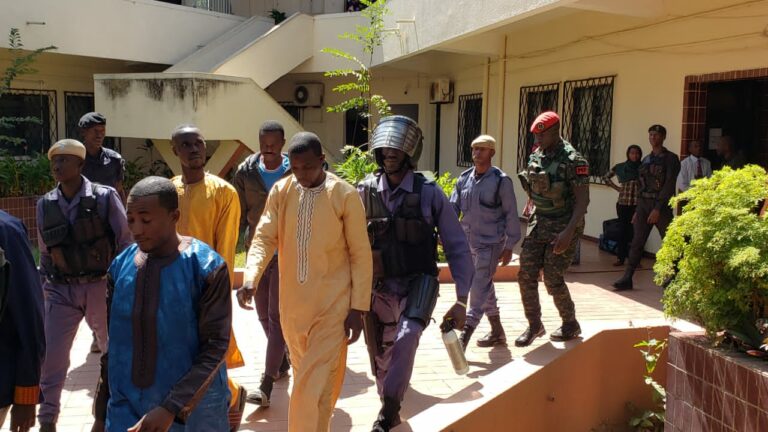

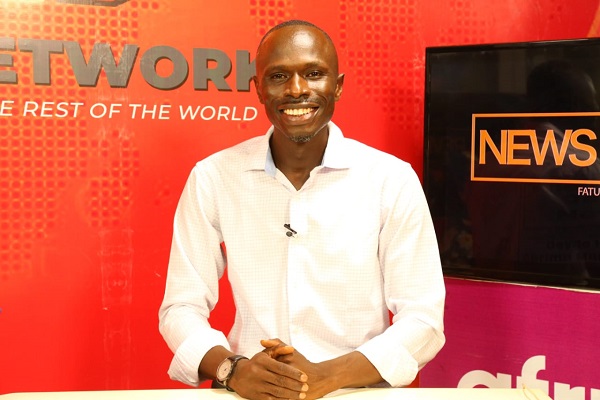
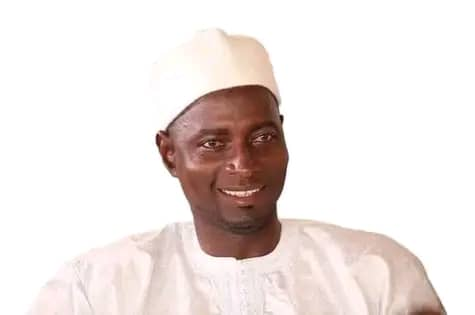
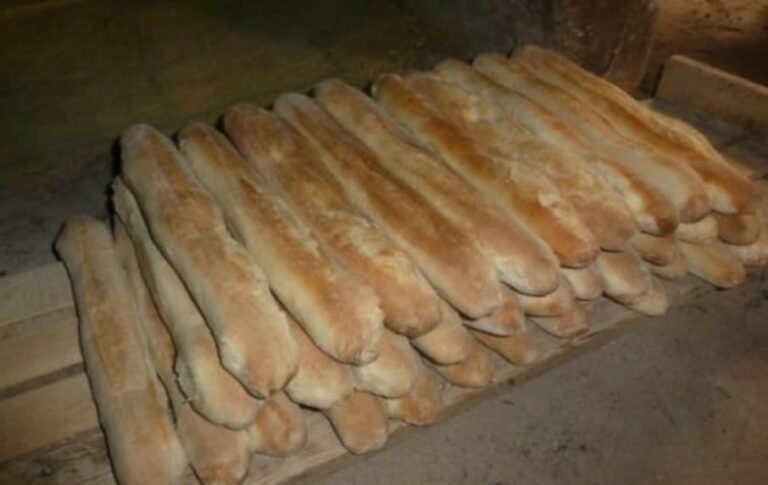

 When I arrived in the Gambia, Tapalapa was one bread that I found is highly consumed. I always wonder why it is most preferred in the Gambia. This ignorance is expected due to my perception concerning some white bread in my home country which lacks fibre. I often assumed the Gambian bread is akin to this plain white bread I know. But I found that this Gambian bread has a different nutritional outlook.
When I arrived in the Gambia, Tapalapa was one bread that I found is highly consumed. I always wonder why it is most preferred in the Gambia. This ignorance is expected due to my perception concerning some white bread in my home country which lacks fibre. I often assumed the Gambian bread is akin to this plain white bread I know. But I found that this Gambian bread has a different nutritional outlook. In this article, I examine the science behind the ingredients of Tapalapa: a mixture of wheat and millet flour, to which is added maize flour, as well as cowpea (niébé) flour. Cowpea flour is really what gives this bread the very unique taste and texture. Besides, millet and maize have been proven in scientific research to support our health. Just imagine eating all these combinations in one meal.
In this article, I examine the science behind the ingredients of Tapalapa: a mixture of wheat and millet flour, to which is added maize flour, as well as cowpea (niébé) flour. Cowpea flour is really what gives this bread the very unique taste and texture. Besides, millet and maize have been proven in scientific research to support our health. Just imagine eating all these combinations in one meal.


